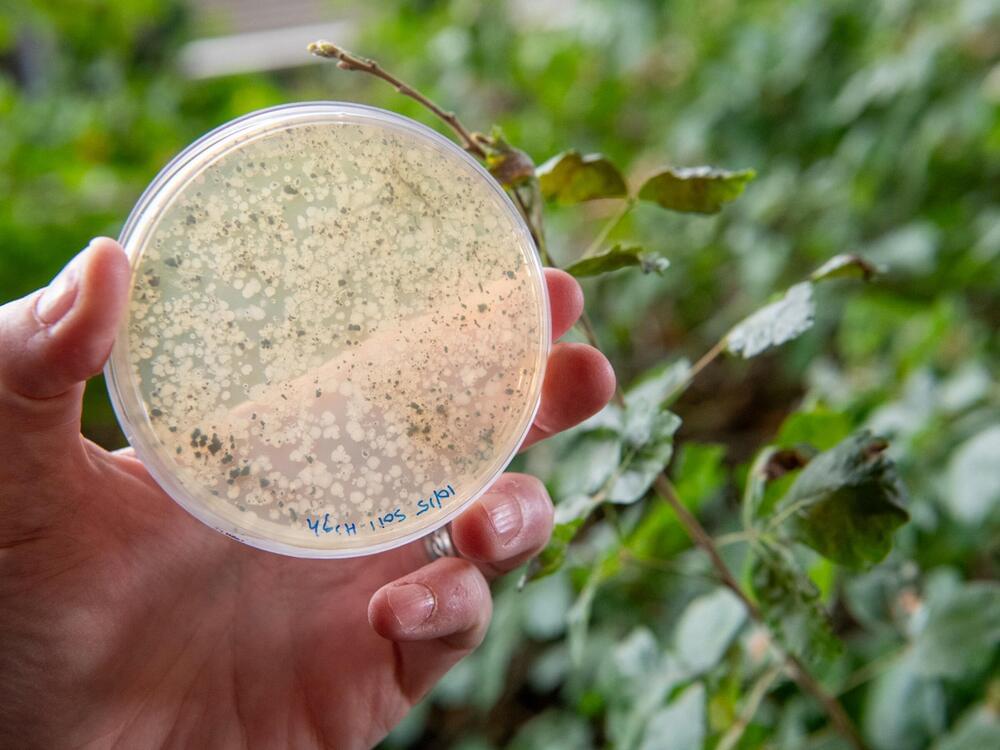Microorganisms—bacteria, viruses and other tiny life forms—may drive biological variation in visible life as much, if not more, than genetic mutations, creating new lineages and even new species of animals and plants, according to Seth Bordenstein, director of Penn State’s One Health Microbiome Center, professor of biology and entomology, and the Dorothy Foehr Huck and J. Lloyd Huck Endowed Chair in Microbiome Sciences.
Bordenstein and 21 other scientists from around the world published a paper in Science, summarizing research that they said drives a deeper understanding of biological variation by uniting life’s seen and unseen realms.
The authors explained that this newly described concept—holobiont biology —underpins a multidisciplinary and holistic understanding of how life’s forms and functions, from human disease to agricultural output, depend upon the relationships between microorganisms and their hosts. Penn State News spoke with Bordenstein about the paper and the emerging field of holobiont biology.










Leave a reply